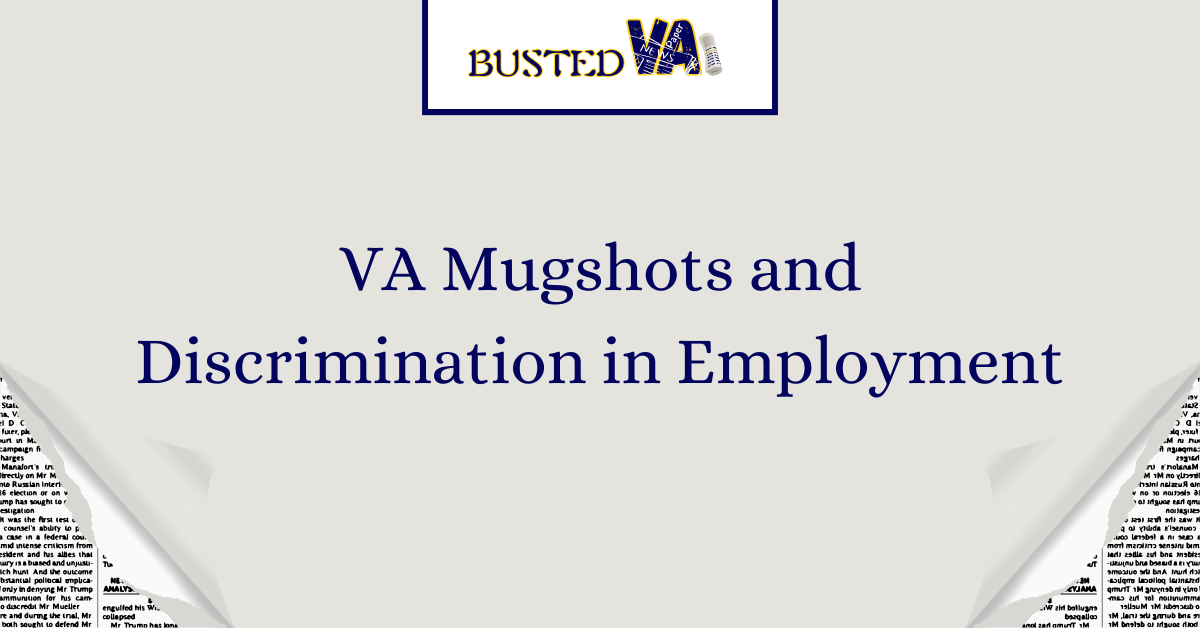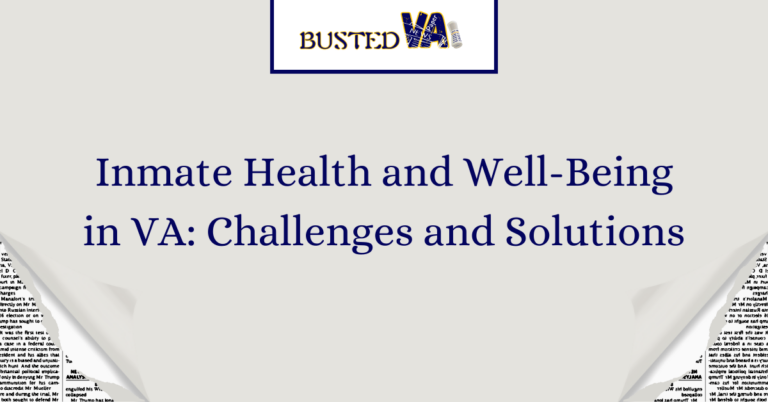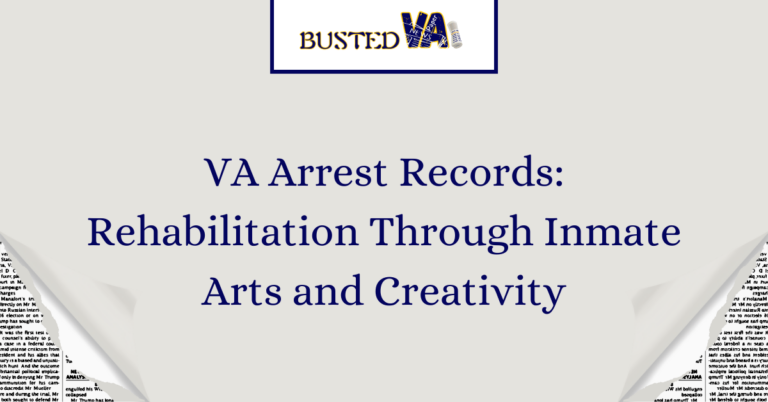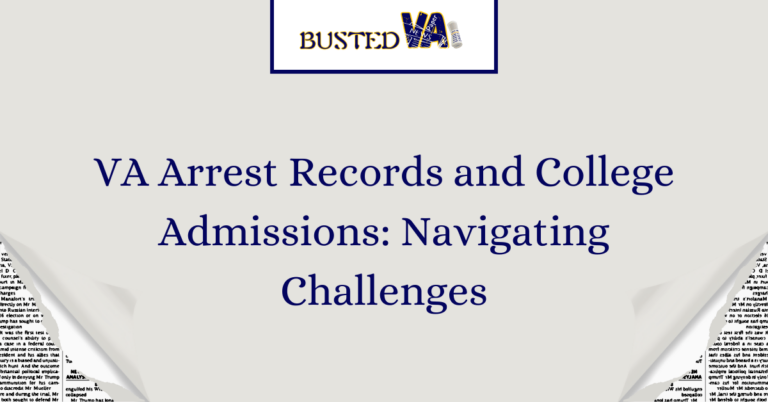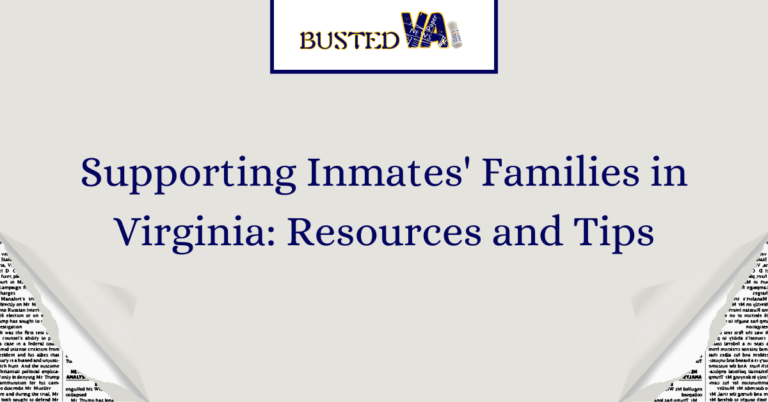VA Mugshots and Discrimination in Employment
Discover the intersection between justice and employment practices with our in-depth exploration of VA mugshots and discrimination. In this informative piece, we delve into the impact that mugshots can have on an individual’s job prospects and the potential for discriminatory practices in the hiring process.
Uncover the complexities surrounding the use of VA mugshots in employment decisions and the legal implications that arise. We examine how employers may use mugshots to discriminate against individuals based on their appearance or past mistakes, highlighting the need for fair and unbiased hiring practices.
Understanding the Impact of Mugshots on Employment
When it comes to finding employment, individuals often face numerous challenges. However, one particularly significant obstacle that many individuals encounter is the use of mugshots in the hiring process. In this section, we will explore the various ways in which mugshots can impact an individual’s job prospects and shed light on the potential for discriminatory practices in employment.
The Stigma of a Mugshot
Having a mugshot can carry a tremendous amount of stigma. It is a visual representation of an individual’s past mistakes or encounters with the justice system. Unfortunately, even if a person has moved on from their past and made positive changes in their life, the presence of a mugshot can cast a shadow over their job search efforts. Employers may make assumptions about an individual’s character or suitability for a position based solely on the appearance of a mugshot.
Appearance-Based Discrimination
One of the most concerning aspects of using mugshots in the hiring process is the potential for appearance-based discrimination. Employers may unfairly judge individuals based on their physical appearance, leading to biased hiring decisions. This type of discrimination can be particularly detrimental to those who have been arrested but never convicted or have had their charges dropped. The use of mugshots in employment decisions perpetuates negative stereotypes and undermines the principles of fairness and equal opportunity.
Legal Implications and Ethical Considerations
Employers who rely on mugshots in their hiring practices may face legal consequences. Discrimination based on an individual’s appearance or past mistakes is not only unethical but also illegal in many jurisdictions. Laws such as the Fair Employment and Housing Act (FEHA) in California and the Civil Rights Act of 1964 in the United States prohibit employment discrimination based on race, color, national origin, sex, religion, disability, and other protected characteristics. The use of mugshots as a determining factor in employment decisions can potentially violate these laws.
The Need for Fair and Unbiased Hiring Practices
It is crucial for employers to adopt fair and unbiased hiring practices that do not rely on mugshots or any other form of discriminatory criteria. Hiring decisions should be based on an individual’s qualifications, skills, and ability to perform the job. By removing the reliance on mugshots, employers can create a more inclusive and diverse workforce that values individuals for their potential and contributions rather than their past mistakes.
FAQs
Why are Mugshots made public?
Mugshots are made public as part of the transparency and accountability in the criminal justice system. When individuals are arrested, their booking photos, commonly known as mugshots, become part of the public record. The release of these images serves various purposes, including providing information to the public, aiding law enforcement investigations, and ensuring accountability within the justice system. Publicizing mugshots can help the community stay informed about arrests, assist in identifying individuals, and act as a deterrent to potential criminal activity. However, the public availability of mugshots also raises ethical concerns, as it can impact the privacy and reputation of individuals who may be innocent or have had their charges dropped.
Can employers use VA Mugshots in the hiring process?
In many cases, employers can legally use mugshots, including those from Virginia (VA), in the hiring process. Mugshots are considered public records, and employers may access this information as part of background checks during the hiring process. However, the use of mugshots in employment decisions must adhere to anti-discrimination laws and fair hiring practices. Using arrest records alone as a basis for employment decisions without considering the relevance of the arrest to the job in question may lead to potential legal issues and allegations of discrimination.
What is employment discrimination?
Employment discrimination refers to unfair or unequal treatment of employees or job applicants based on certain protected characteristics. These characteristics include race, color, national origin, sex, religion, disability, age, and, in some jurisdictions, sexual orientation or gender identity. Discrimination can manifest in various forms, such as hiring decisions, promotions, job assignments, compensation, and termination. It is illegal under federal and state laws to discriminate against individuals on the basis of these protected characteristics in the workplace. Employers are required to make employment decisions based on qualifications, skills, and job performance rather than personal characteristics that are unrelated to the job.
Can employers discriminate based on VA Mugshots?
Conclusion
The use of mugshots in employment decisions is a complex issue with significant implications for individuals seeking job opportunities. By understanding the impact of mugshots on employment and recognizing the potential for discriminatory practices, we can work towards creating a more just and equitable society. It is essential for employers to prioritize fair and unbiased hiring practices that promote equal opportunity and value individuals based on their abilities rather than their past.

